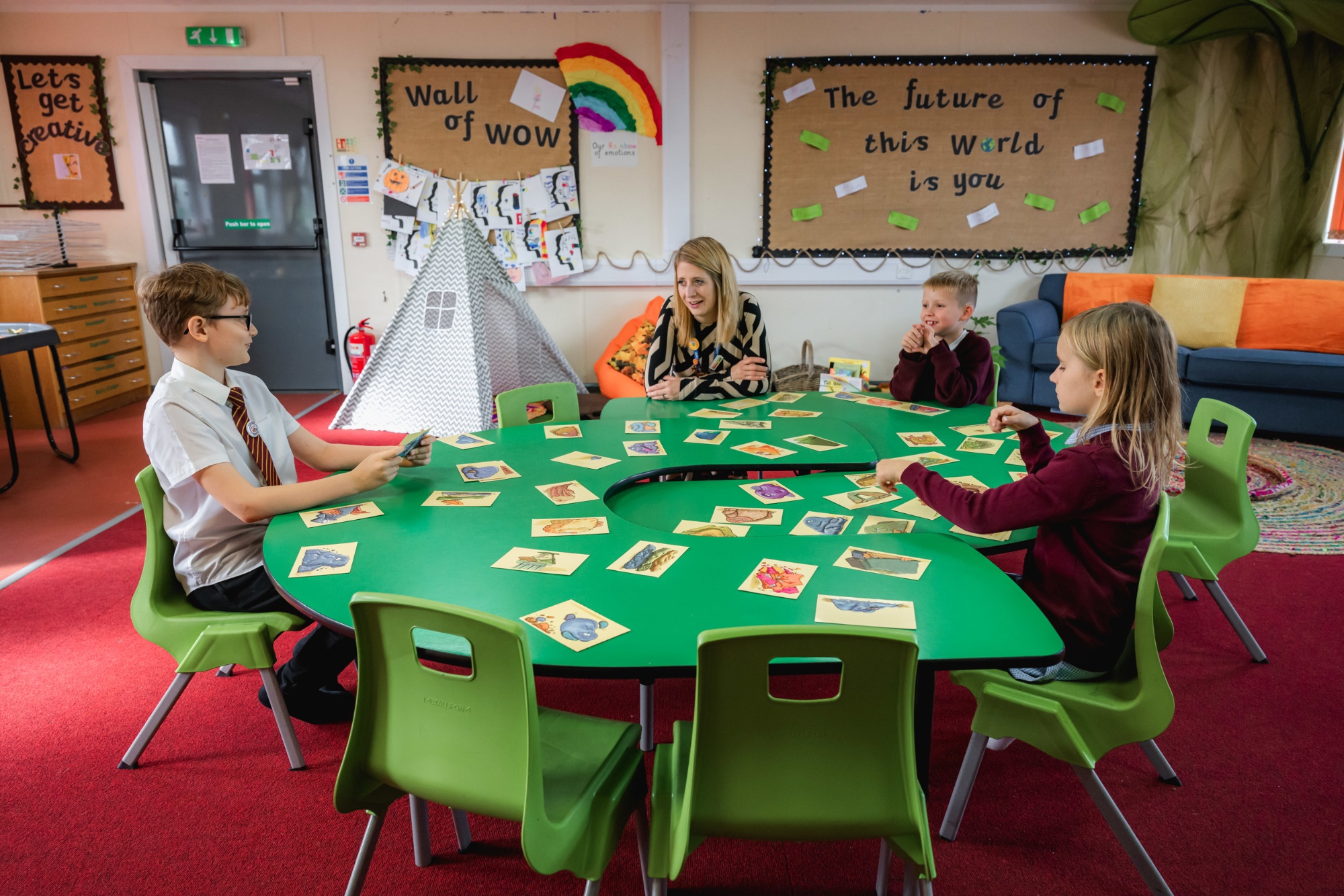Behaviour
Our Vision
Here at Raleigh and Admirals Academies, it has been our vision is to create something special to support those pupils who respond to our school environment differently. It is obvious to the staff that our pupils are continually developing, both socially and emotionally, as well as acquiring new knowledge and skills. What we also recognise is that children learn to manage their ‘feelings and emotions’ in many different ways. We have developed a strategy and the resources to support our work in helping and assisting these children and their families.
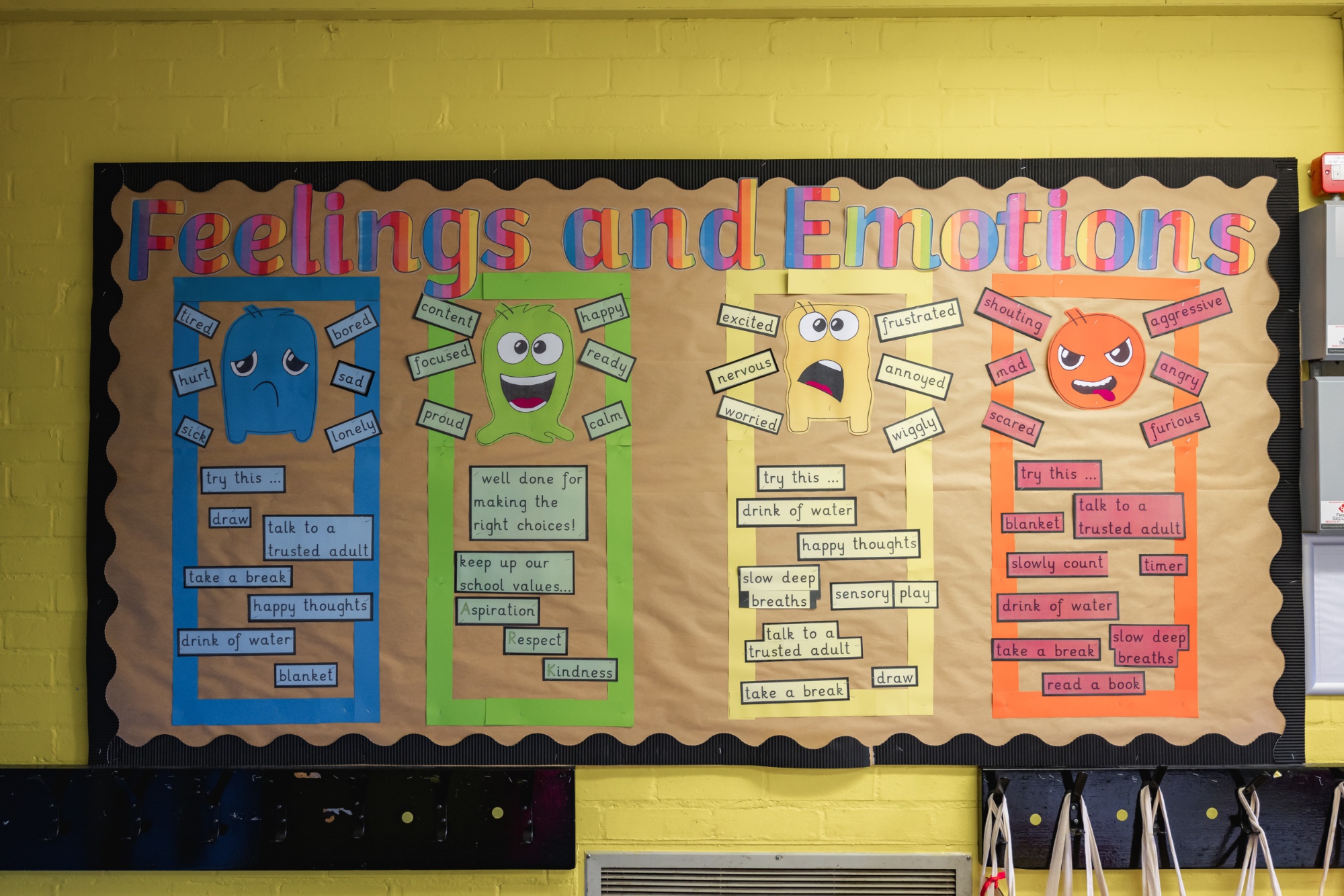
Our Behaviour Policy in action
We believe in positive, rather than, negative approaches to managing learning behaviours and look for natural and logical resolutions when reflecting on children’s behaviour choices. Therefore, our Behaviour policy and approach to managing behaviour is holistic, restorative in nature, and rooted in helping children to learn.
Our resources
In light of this, we have developed ‘The Dock’ and ‘Safe Ports’ around the Academies. The Dock is a calming space that supports either small groups of pupils or individual children, helping them to understand and regulate themselves in difficult situations and to develop their emotional resilience.
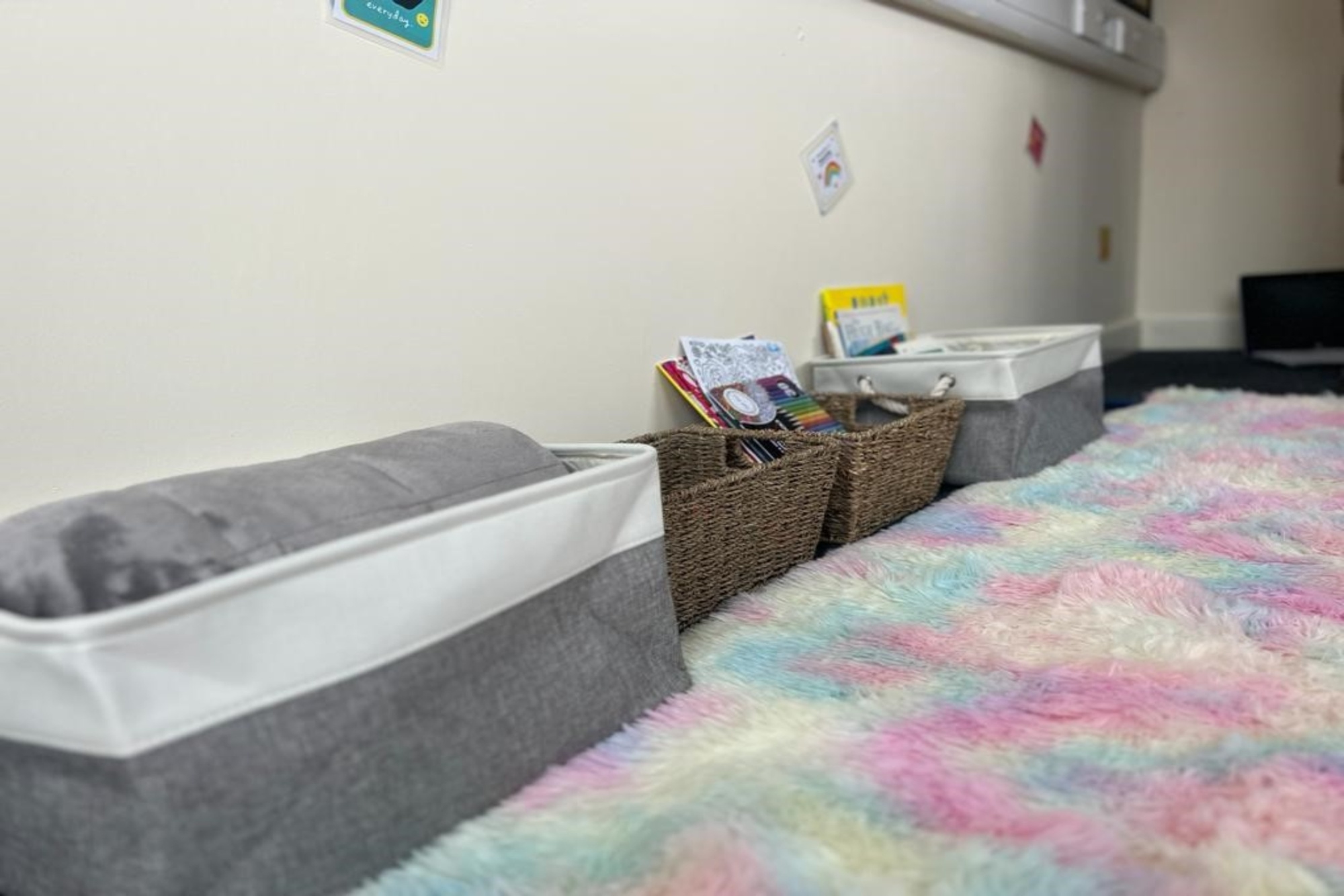
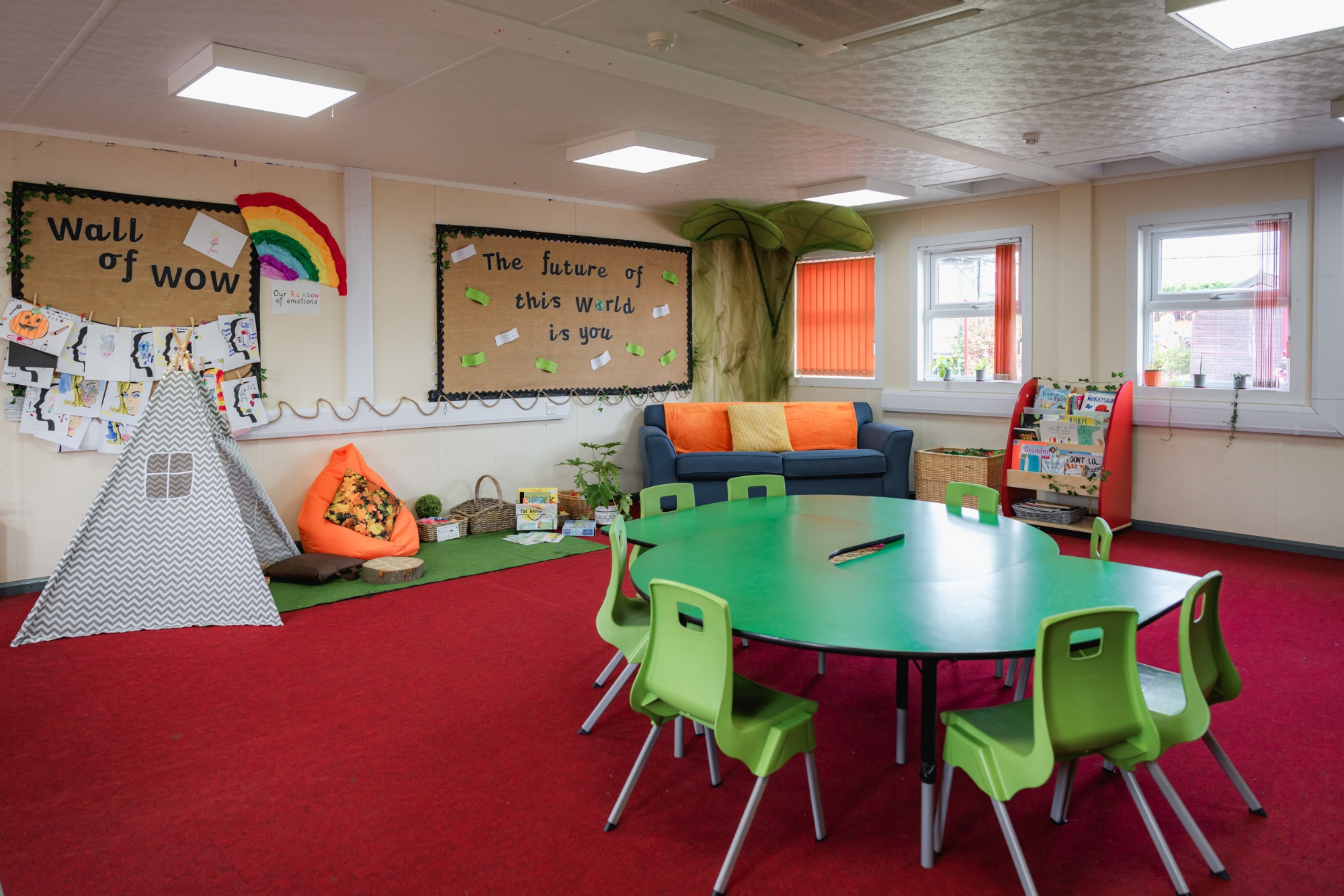
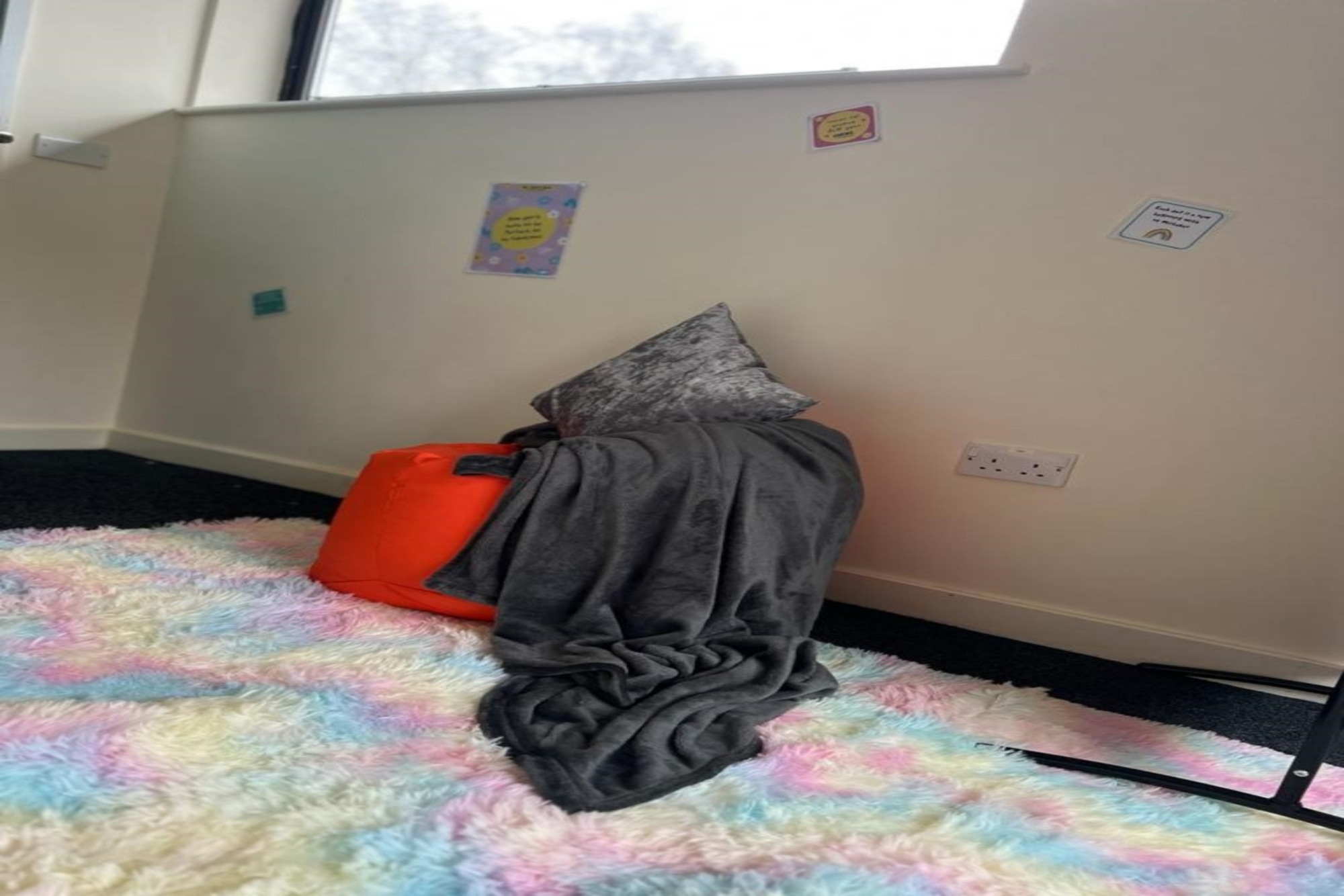
Our approach
We use the Hygge approach within The Dock this allows the children to have a ‘home from home’ experience; creating a relaxed and neutral environment is crucial for a child’s emotional well-being. An overstimulating setting may hinder their sense of safety, while a calm atmosphere fosters openness for sharing and working through emotions effectively.
Hard to pronounce, hygge ("hooga") is a Danish and Norwegian term that embodies a cosy, comfortable atmosphere or moment, often associated with feelings of contentment and well-being. It emphasises simple pleasures and creating a warm, inviting environment.
Boxall Profiling
For us to best support the children who access nurture sessions; we utilise the Boxall Profiling tool to identify areas of potential development. Through our nurture sessions, we explore how to understand our emotions through creative activities, discussions, stories, and games. Each child referred to us will attend nurture one full afternoon a week, per half term. The Boxall Profile is used to assess progress so children may revisit nurture again at a later date. As a result of children accessing nurture sessions in The Dock, it is hoped that they will then be more confident and comfortable using the Safe Ports to regulate themselves safely and calmly.
The use of a Safe Port
The Safe Ports are safe and calm spaces for all children to access whenever they feel that they are finding their school day difficult. Each year group has access to their own Safe Port, and adults supervise these spaces. Here, we provide activities for reflection and self-regulation, giving them the tools to process events and emotions. Academy staff may offer further encouragement through a therapeutic story, a comic strip conversation, role-play, mindfulness, or drawing whilst either in the Safe Ports, or at other times. After using the Safe Ports, children will return to their classroom regulated and ready to learn.
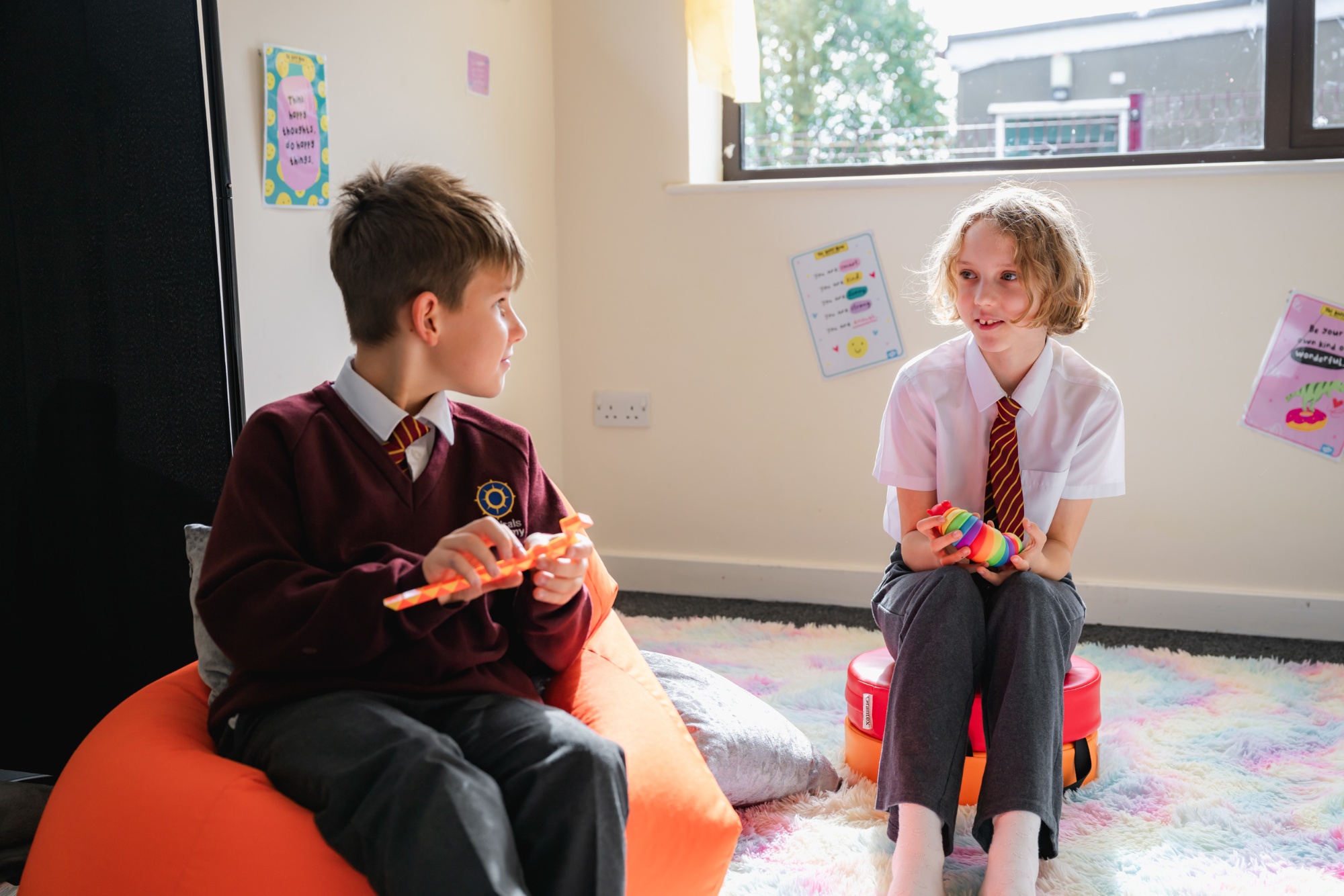
Interventions
Some children may require bespoke support programs, to help them cope with things such as family separation or bereavement. The Pastoral and SEND team can support these families with external referrals to agencies if felt needed, as well as offer 1:1 intervention for the child, as required.
Our strategies, interventions and approaches are embedded across our Academies. Combining this with the wider offer from our Pastoral team, we are able to assist in forming positive outcomes for all children. As per our Behaviour Policy, we aim to
- Guide children towards effective communication, self-control, the ability to express, and reflect on their feelings in an appropriate way, and develop self-awareness.
- Encourage each child to learn their own value, to respect themselves and appreciate their achievements.
- Enable children to respect others, to learn the unique value of each person in their lives and the effect we have on one another.
- Enable children to engage with learning and accelerate levels of attainment which will support their motivation to do well in school.
- Create a learning environment which is safe, stimulating, supportive and caring.
- Promote the skills of co-operation, collaboration, making choices and taking responsibility.
- Encourage each child to respect the things around them, both living and inanimate, belonging to themselves and others.
- Develop a sense of a learning community to which we all belong and have responsibility towards.
